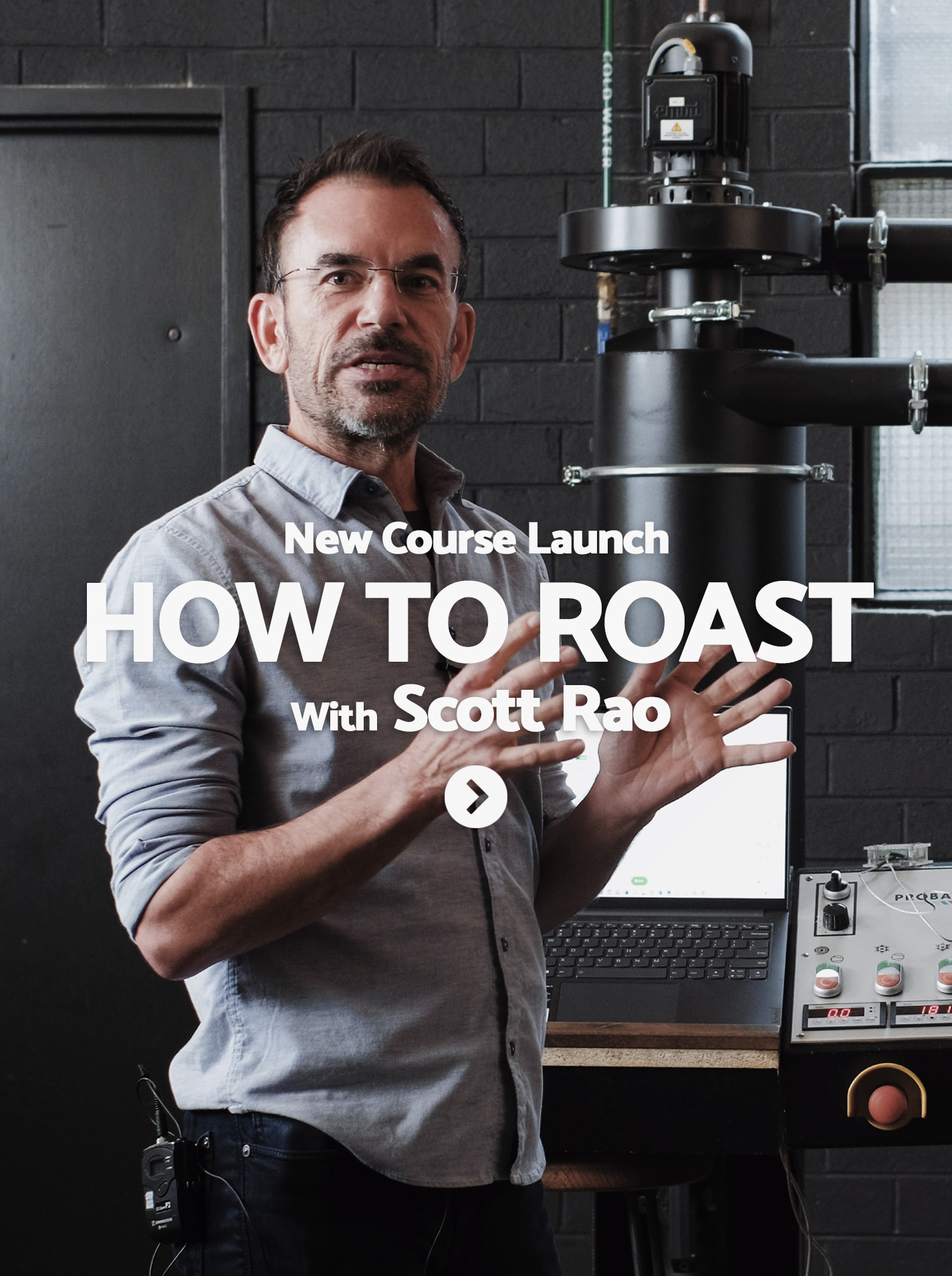Picture: Cafe Griensteidl, Vienna (1896). Via Wikimedia, Public Domain.
The discretionary dynamic of tipping can set up vicious cycles of expectation that undermine service work and quality of life, for both server and served. Earning tips can also be a fantastically fun, lucrative experience for service workers, and a cherished way for guests to show appreciation for and financially support chronically under-appreciated and under-compensated service workers. Tipping is full of dualities.I am tempted to argue in defense of tipping, because as both guest and service worker I usually find those positives in the experience. However, last week, I wrote in depth about the social dynamics of tipping, and came to the conclusion that my position as a white male who can pass for straight if he wants to and knows how to speak rich white person well makes it much easier for me to experience only the positive sides of tipping.
Even if tipping somehow didn’t have deep problems of patriarchy, racism, and classism, I think that in the end, eliminating tipping should be the goal of all establishments aspiring to truly professional service. Even if the existing dynamics of tipping, and especially tipping in relation to coffee service, makes that an especially difficult task for a specialty coffee shop.
A quick refresh on tipping and social exchange from last week: basically, the intimate emotional work of hospitality is seen as something above and beyond the mechanical serving of paid-for product, and this excess of work being done creates a feeling of social imbalance, which is solved by payment of tip. This idea is built on the fundamental dynamics of social exchange, namely that all forms of social interaction that involve exchange are about creating and resolving a series of social obligations.
When I refer to the work of hospitality, I’m talking about the kind of hospitality that Jared Truby advocates in his excellent piece “To Serve And…”. This kind of service is I think the ideal that all truly stellar hospitality establishments should aspire to, and it is telling that Truby’s story is specifically about a service interaction that goes beyond the economic. Proactive, human, community-oriented service is challenging emotional labor, and all but impossible to do for economic motivation alone.
Giving a guest that kind of hospitality requires deep emotional engagement with your work, and if you view that engagement as something to be compensated by tips alone, you will be disappointed—the rewards for that kind of service come just as much from the genuine emotional connections you (sometimes) get to make with guests, as shown by Truby’s story and his obvious pride in the guests’ experience and his own professionalism.
Here is the damning duality of tips: on the one hand, professional hospitality like Truby’s is hard work no matter how you slice it and needs to be financially compensated accordingly; on the other, economic motivation alone is not rewarding enough to sustain that level of hospitality commitment (at least, in most coffee contexts). Even worse, doing service work expecting a tip can set up a terrible cycle of expectations, where the worker is (pre-) judging every guest along purely economic lines. This adversarial relationship can rub off on guests, and this is magnified by tipping’s discretionary nature: guests’ last thought at the end of a service interaction being “were there any objectionable things I should knock this person’s income down for?”
So what about eliminating tipping? A number of high-end food service establishments in the US have done it by shifting to included service-fees, or in some cases sales-sharing, and many other cultures accomplish most of their service work similarly. It’s certainly also possible to do fast-food style coffee service without tipping—though Starbucks puts out small tip boxes, the minuscule amount of change that gets thrown in there is a largely vestigial amount. The trick is figuring out how to do high-quality, professional coffee service in a way that leaves the guest comfortable with a service fee.
Going back to social exchange theory, sharing food with someone is an act with an intimate, fraught history, such that being served creates a feeling of social obligation in the guest. In tipping cultures, this feeling of social obligation is resolved through direct, discretionary economic means, and it’s notable that even in the tip-free examples above, a ‘service’ charge is still usually broken out. Even in largely tip-free cultures, some small amount is often left as a gesture for more intimate and involved service like dining. The guests want to make sure they are still resolving their social obligation to hospitality by paying appropriately.
What changes without tipping is that what is deemed a socially ‘appropriate’ payment for the hospitality provided is no longer discretionary. By setting a service fee, an establishment declares that their hospitality is at a specific level, and it is up to the server to provide that level for every guest. The essence of truly stellar service and hospitality is consistency for every guest, so it’s no surprise that so far it has mostly been high-end establishments going to service fees. The question then is: what sort of coffee establishment can provide consistent service and hospitality worth paying a fixed fee for?
Returning to Truby’s example, it’s the kind of coffee establishment that staffs truly engaged, professional service workers, who are committed to giving a high level of heads-up service to every guest coming in the door. Hiring, training and retaining the kind of staff capable of giving consistent high-level coffee service is a huge challenge.
To begin with, there is the question of paying professionals a professional income. The low-margin nature of the coffee business makes this hard, and consumers’ strong price sensitivity on coffee may make it hard to include a sufficiently high service fee. On the other hand, the high volume of coffee service, and the extremely variable amounts that people tip, might mean that a $0.15 – $0.75 per transaction fee coupled with banning tips may be sufficient to cover increased wages and actually feel like a decrease in overall price, at least to the loyal customers already tipping a dollar or more.
The high-volume nature of coffee service presents the second, deeper challenge of going tip-free. As I discussed in my 2014 SCAA Symposium speech, there is a concept called ‘emotional labor’ which explains the work that is done to put on a smiling, shining hospitality presentation for every guest. Emotional labor is magnified when you have to put on that performance for dozens or hundreds of guests in a row, which means providing consistently high-hospitality service to every guest a particular challenge for coffee service. As I explore in the talk and Truby’s post elegantly shows, the only way to really sustain that sort of service commitment over the long term is for a service professional to deeply feel the love—for their caring hospitality to be a genuine performance of their internal feelings for all guests.
And here we arrive at perhaps the strongest argument against tipping: the true professional service worker is already valuing their guests beyond a tip, and conversely, truly professional hospitality is already being rewarded with outsize tips (excepting the complication I explored in part one). The economic dynamic of the social exchange of service is already de-emphasised with professional hospitality, so why not take it further out of the equation with a fixed service fee?
That is, assuming that one can reliably train up, maintain and organisationally support a staff capable of giving that level of service and hospitality to every guest. Because nothing is going to rankle a guest more than having their level of social obligation for service dictated to them by a service fee, and then not receiving the expected high level of hospitality in return.
This then is the case for a tip-free cafe: it holds the service of the place to a higher standard of hospitality and professionalism. Because of the high-volume, high-emotional labor nature of coffee work, this is a particular challenge, and in its ability to amplify emotional rewards, potentially a huge boon.
Speaking from experience, working in an establishment and with a team capable of providing that level of hospitality to guests is a unique thrill, with immense potential emotional rewards. If a service fee can enable staff at such an establishment to more reliably be paid a professional wage, and help focus priorities towards these higher, more human rewards of service, then why not?
If you have enjoyed reading this and want to enjoy delicious coffee with the rest of the community – register for our monthly Superlatives coffee subscription. Or if you just want to keep up with every thing Barista Hustle – sign up to the Newsletter.




0 Comments